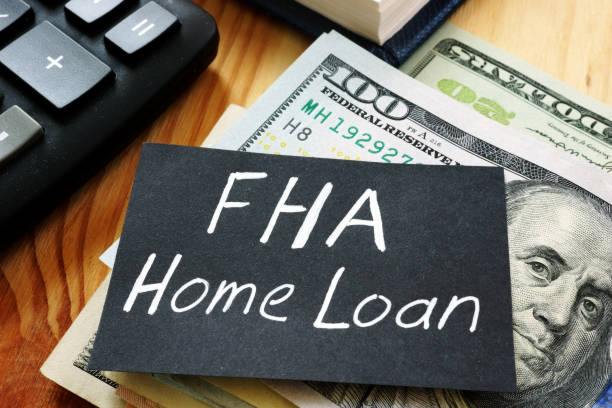What is an FHA loan?
The Federal Housing Administration (FHA) provides mortgage insurance on loans made by FHA-approved lenders. These kinds of loans can help those who may not otherwise qualify for a mortgage, especially first-time home buyers with getting needed financing.
FHA Loan Info
FHA loans offer lower down-payment options compared to conventional loans. The credit expectations are more reasonable and the income requirements are more flexible.
- A borrower’s credit score for an FHA loan must be at or above around 580, which is considerably lower than a conventional loan.
- Conventional loans require a 5% to 20% down payment. FHA mortgages are 3.5% to 10%. Specific percentages for down payments are determined by the borrower’s credit.
- The FHA does not necessarily require a credit history.
Requirements
- Fixed-rate of interest.
- FHA requires mortgage insurance when borrowers pay down less than 20% on the loan.
- The borrower must pay an upfront premium and an annual premium mortgage insurance.
- The borrower pays the upfront as the borrower gets the loan, and they pay an annual payment every month.
- The upfront is typically 1.75% of the loan amount, and the annual payment is typically .85% of the loan amount.
Get Cash-out
The FHA also provides cash-out refinancing for those who need financing for things such as college or major home improvements. An FHA cash-out refinancing mortgage may offer lower interest rates than traditional home equity financing loans; you may qualify for one of two FHA mortgage plans which offer cash-out plans. FHA refinancing loan offers amounts up to 85% of the appraised value. Each program has its own specific requirements and rules; talk to us about your options under FHA cash-out refinancing mortgages.
About the lenders
- Borrowers receive their home loans from FHA-approved lenders, so some lenders differ on their rates and costs for the same loan.
- If there was a default or a loss on the loan, the FHA would cover it, so that the lender would be safe.


